
What is a Trademark?
A trademark is like your business’s fingerprint—a unique sign that tells people your products or services come from you and not someone else. A trademark becomes your brand's identity in the marketplace, whether it’s a name, logo, slogan, or even a sound. Think of the golden arches of McDonald’s or the apple with a bite taken out of it—these aren’t just logos, they’re trademarks that represent billions in brand value.
At its core, a trademark helps consumers distinguish your business from others. It also gives you exclusive rights to use that mark in commerce. That means no one else can legally use your mark—or one confusingly similar—in a way that could mislead customers. Registering a trademark with the appropriate government agency, like the United States Patent and Trademark Office (USPTO), elevates these rights and makes it easier to enforce them in court.
So why does this matter? In today’s ultra-competitive world, where new businesses pop up every day, having a trademark ensures your brand identity is legally protected. Without it, you could lose your brand overnight to someone more aggressive or legally savvy. A trademark is not just a formality—it’s armor for your business on the battlefield of the market.
Types of Trademarks
Word Marks
Word marks are exactly what they sound like—marks that consist of letters, words, or numbers. These are often business names, product names, or slogans. The key feature is that protection is granted to the word(s) themselves, regardless of design or stylization. Think "Google" or "Nike"—both are classic word marks that are instantly recognizable.
Word marks are great because they’re flexible. You can use them in any font or design, and they still retain their protection. This is especially useful if your brand evolves visually but maintains the same name.
Logos and Design Marks
These trademarks protect stylized images, graphics, or logos. If your brand has a distinctive visual symbol—like Apple’s logo or the Twitter bird—this is the type of mark you’d register. Design marks are important for brands that rely heavily on visual recognition.
What’s key here is that design marks protect only the specific design you register. If you change your logo drastically later, you’ll likely need to register the new version as well.
Slogans and Taglines
A catchy tagline can be just as valuable as a logo or name. Think of "Just Do It" or "I’m Lovin’ It." These are not just catchy—they’re legally protected trademarks. If you’ve got a unique phrase that captures your brand’s essence and want to ensure others can’t hijack it, registering it as a trademark is a must.
Trade Dress
Trade dress covers the overall look and feel of your product or packaging, so long as it’s distinctive and non-functional. For example, the shape of the Coca-Cola bottle is protected trade dress. This type of mark is trickier to register and defend, but can be incredibly powerful when successful.
Why Trademark Registration is Important
Legal Protection
One of the most compelling reasons to register your trademark is the legal protection it offers. While using a mark in commerce provides you with some common law rights, federal registration gives you a whole suite of exclusive legal benefits. For starters, it puts your mark in the USPTO’s official database, which serves as a public notice to everyone that you own this particular mark.
This registration acts like a legal shield. It gives you the ability to sue for infringement in federal court, recover damages, and even seek triple damages in certain cases of willful infringement. You can also request customs officials to block imports that bear infringing marks—a massive asset for product-based businesses.
Trademark registration can be your best legal tool in a world where copying and counterfeiting are just a few clicks away. Whether you're a startup or an established brand, having federal protection can mean the difference between thriving and surviving.
Business Credibility
When your brand sports a registered trademark, it sends a powerful message to customers, partners, and investors: You’re serious about your business. It builds trust and lends an air of professionalism that can be crucial, especially in crowded or skeptical markets.
Potential investors or partners are far more likely to work with a business that has taken the steps to protect its brand identity. It shows you're thinking long-term. Customers, too, tend to trust businesses with clearly defined and protected brand elements. It signals stability, authenticity, and quality.
Moreover, a registered trademark can become a valuable business asset. If you ever plan to sell your company or license your brand, having a registered mark significantly increases its valuation.
Competitive Advantage
A trademark doesn’t just protect your business—it gives you a competitive edge. In the marketplace, brand recognition is everything. When customers consistently recognize your brand name, logo, or slogan, they’re more likely to return. That loyalty is your moat against competitors.
With a registered trademark, you can stop others from copying or mimicking your brand. This exclusivity ensures that all the brand equity you build—whether through marketing, customer service, or product quality—remains yours alone. Without this protection, bad actors could piggyback on your reputation and siphon off your business.
Think of it as securing your digital and physical turf. Once you've marked your territory with a registered trademark, it's yours to defend and monetize.
Preparing for Trademark Registration
Choosing a Strong Trademark
Before you jump into filing, you need to pick the right mark. And not all marks are created equal. The strength of your trademark can dramatically influence how easy it is to register and protect. In legal terms, marks fall into a spectrum of distinctiveness: generic, descriptive, suggestive, arbitrary, and fanciful.
Generic marks (like “Computer” for computers) can never be protected.
Descriptive marks (like “Creamy” for yogurt) are weak unless they gain distinctiveness through use.
Suggestive marks (like “Netflix”) hint at the product but require imagination—these are easier to protect.
Arbitrary marks (like “Apple” for computers) are unrelated to the product and very strong.
Fanciful marks (like “Kodak”) are made-up words and offer the highest level of protection.
When choosing your trademark, aim for suggestive, arbitrary, or fanciful. These are more likely to be approved and easier to enforce. Avoid anything too descriptive or commonly used in your industry—it may not qualify for registration and certainly won’t offer strong protection.
For more info : https://www.psrcompliance.com/blog/trademark-registration-process-india


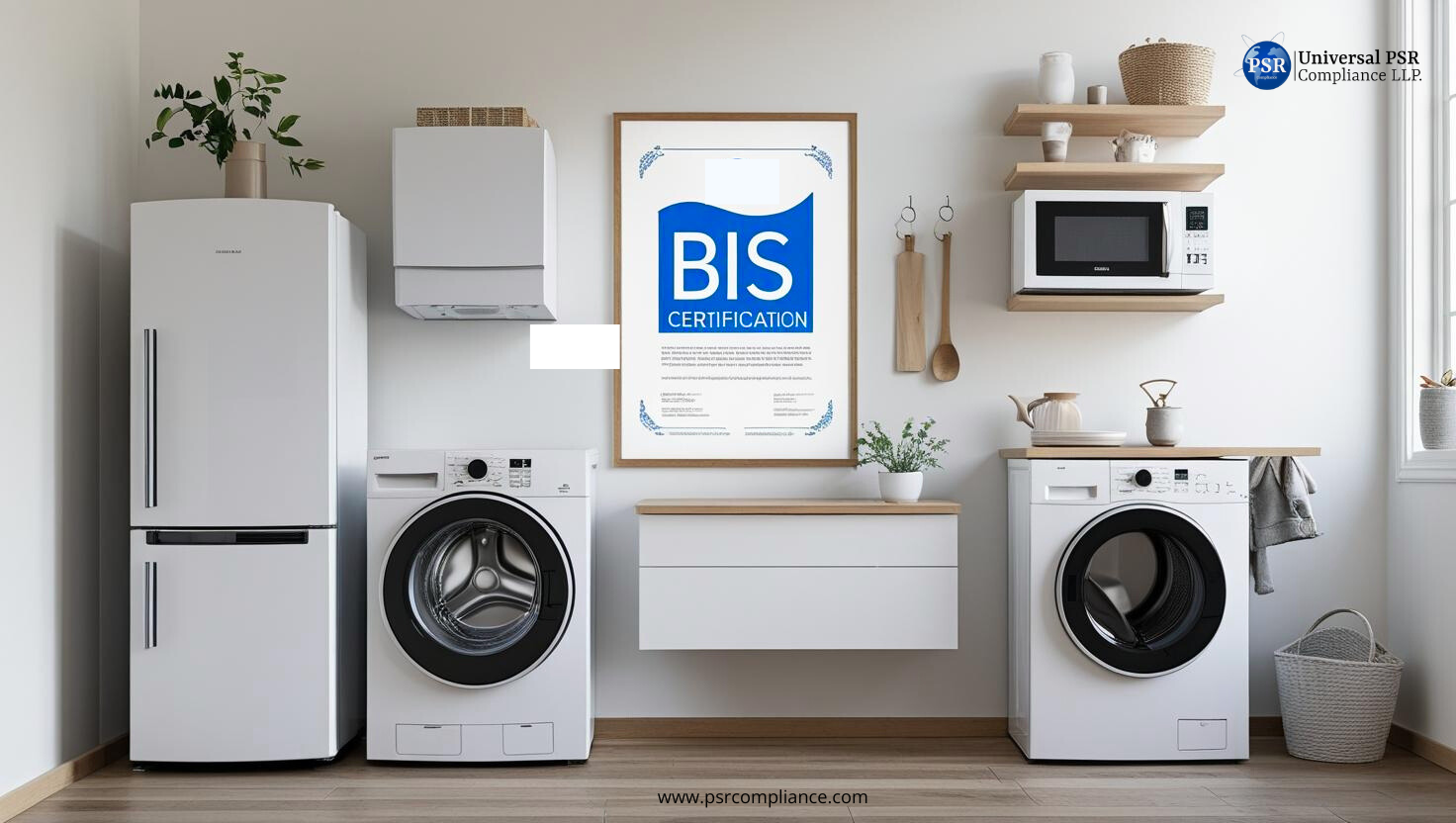
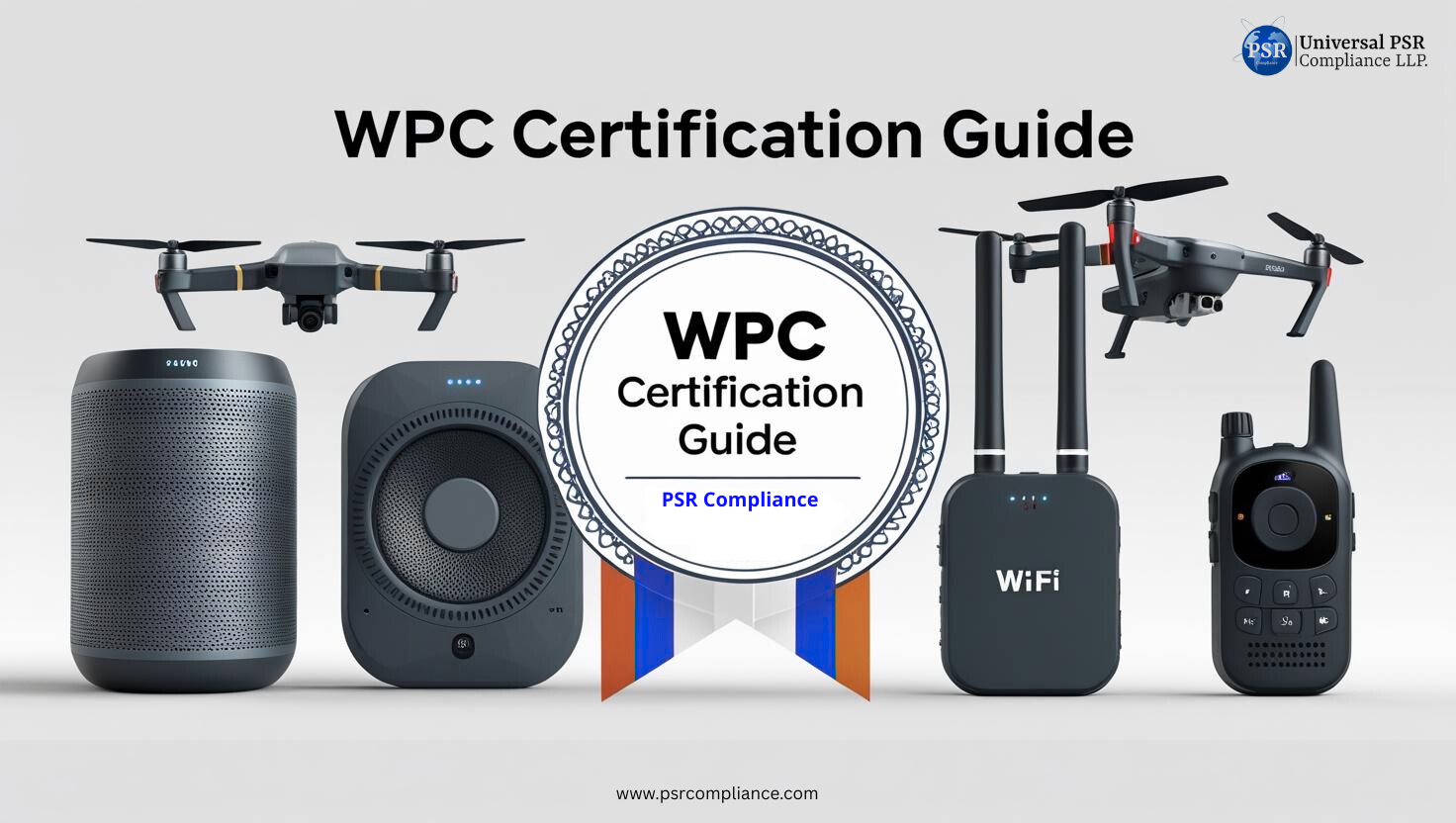


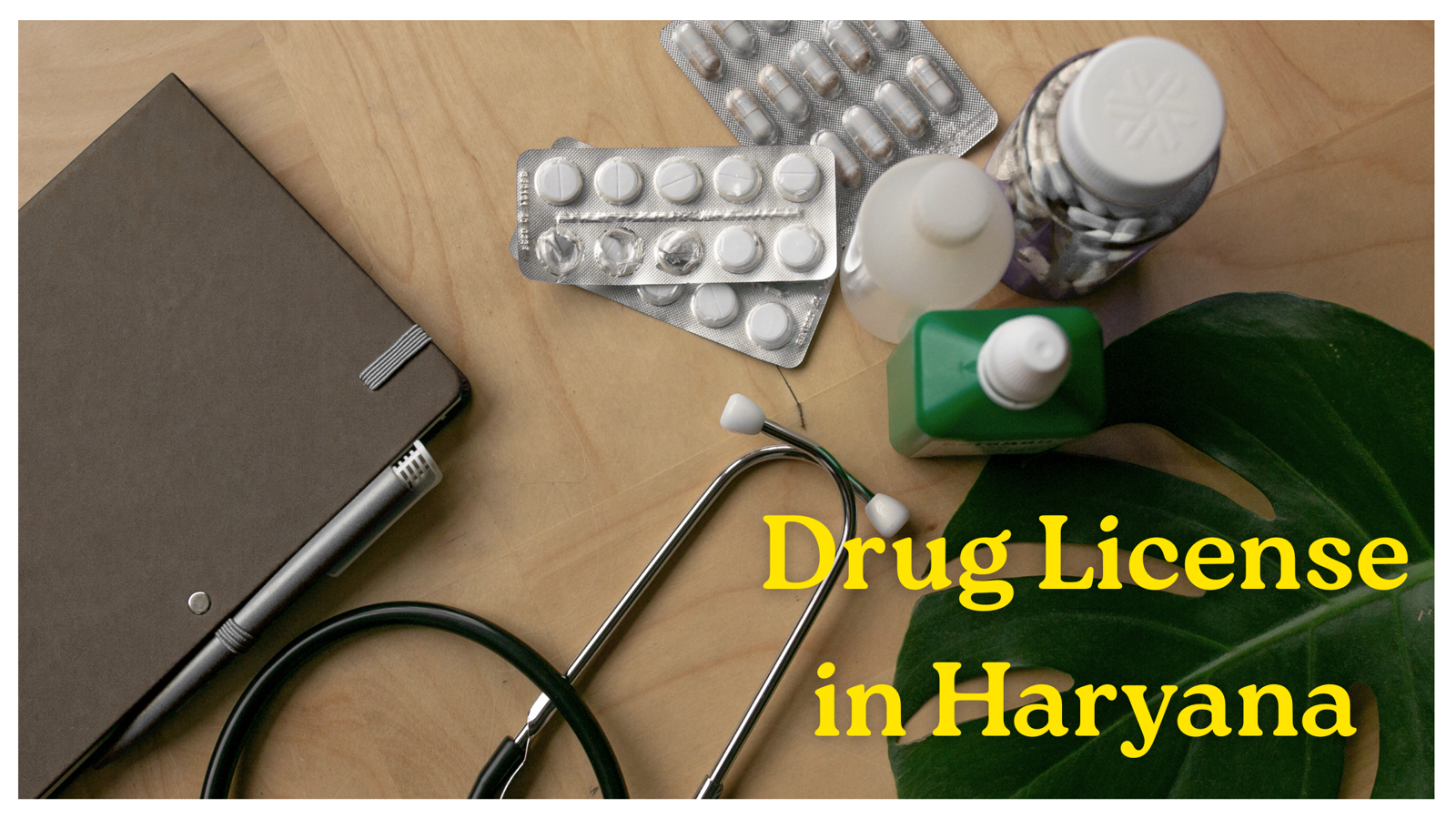
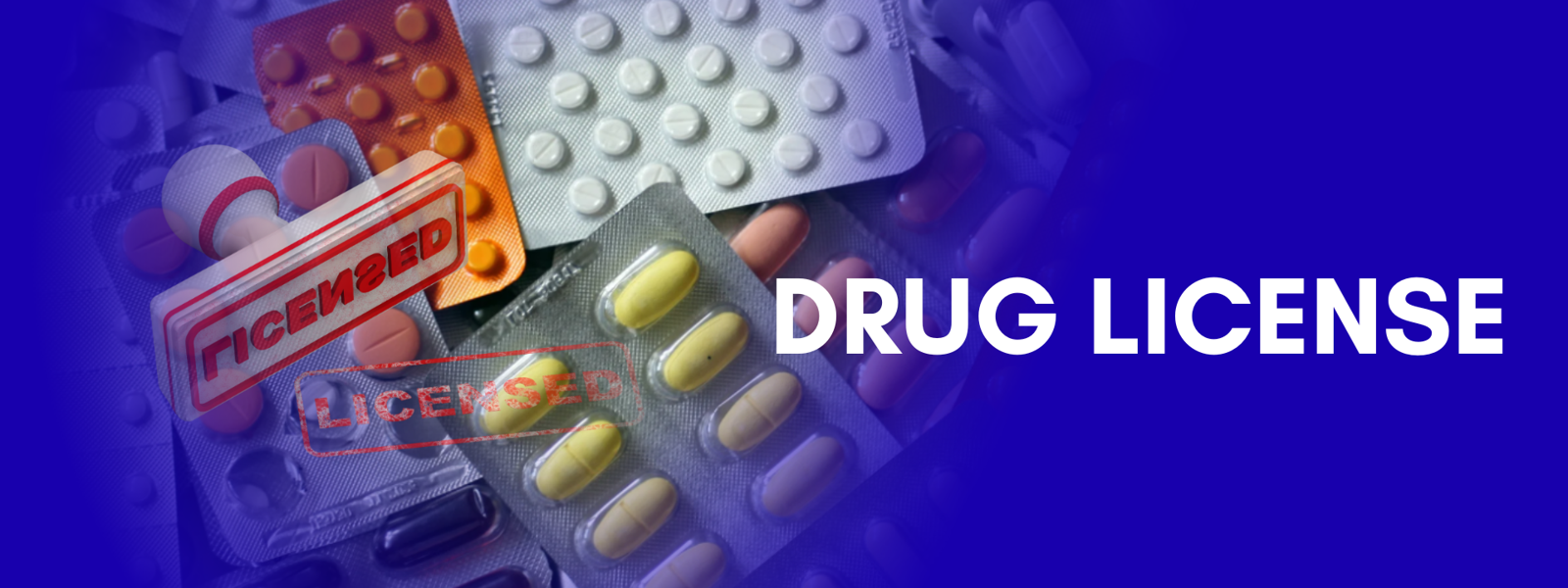
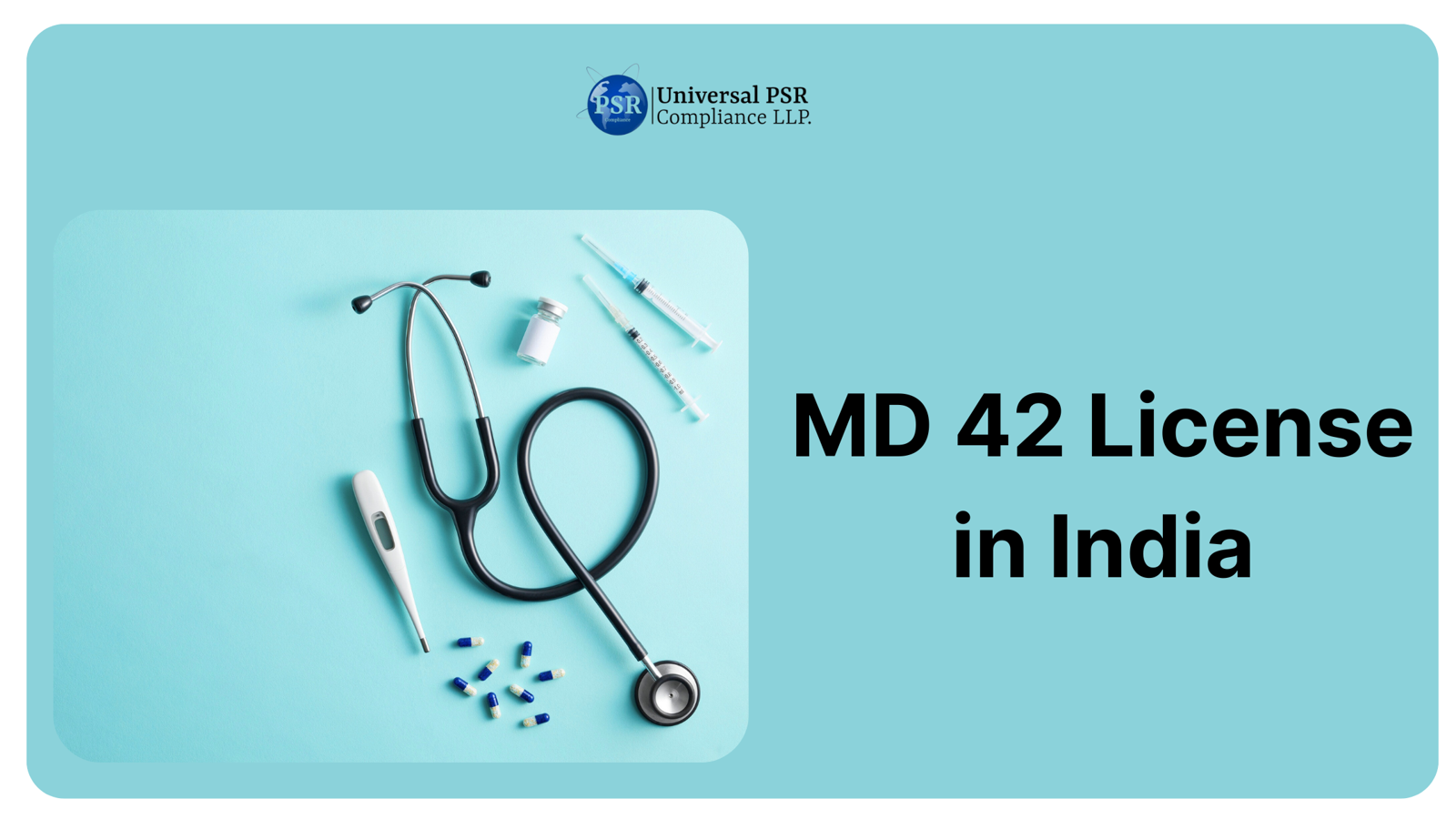



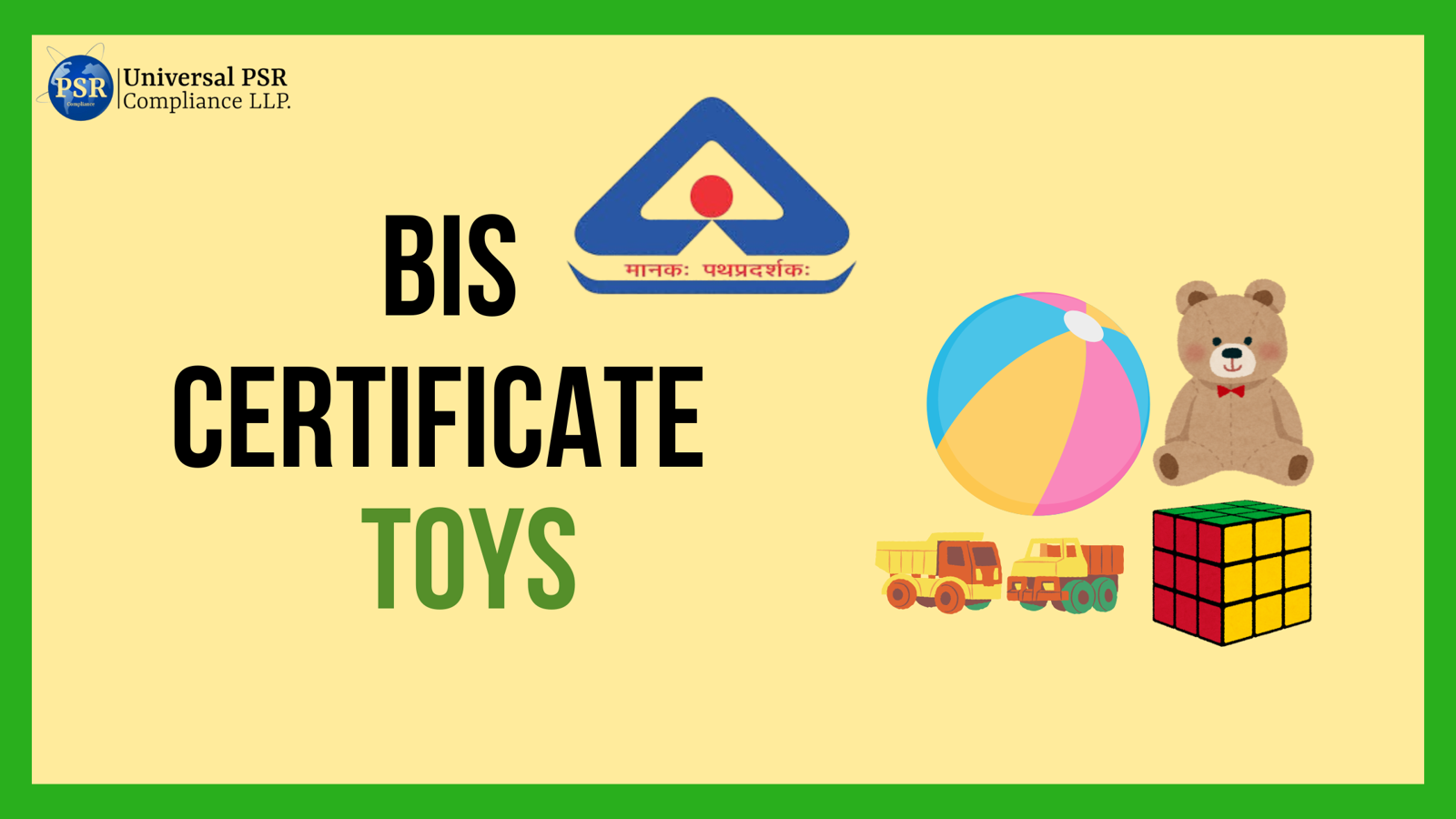


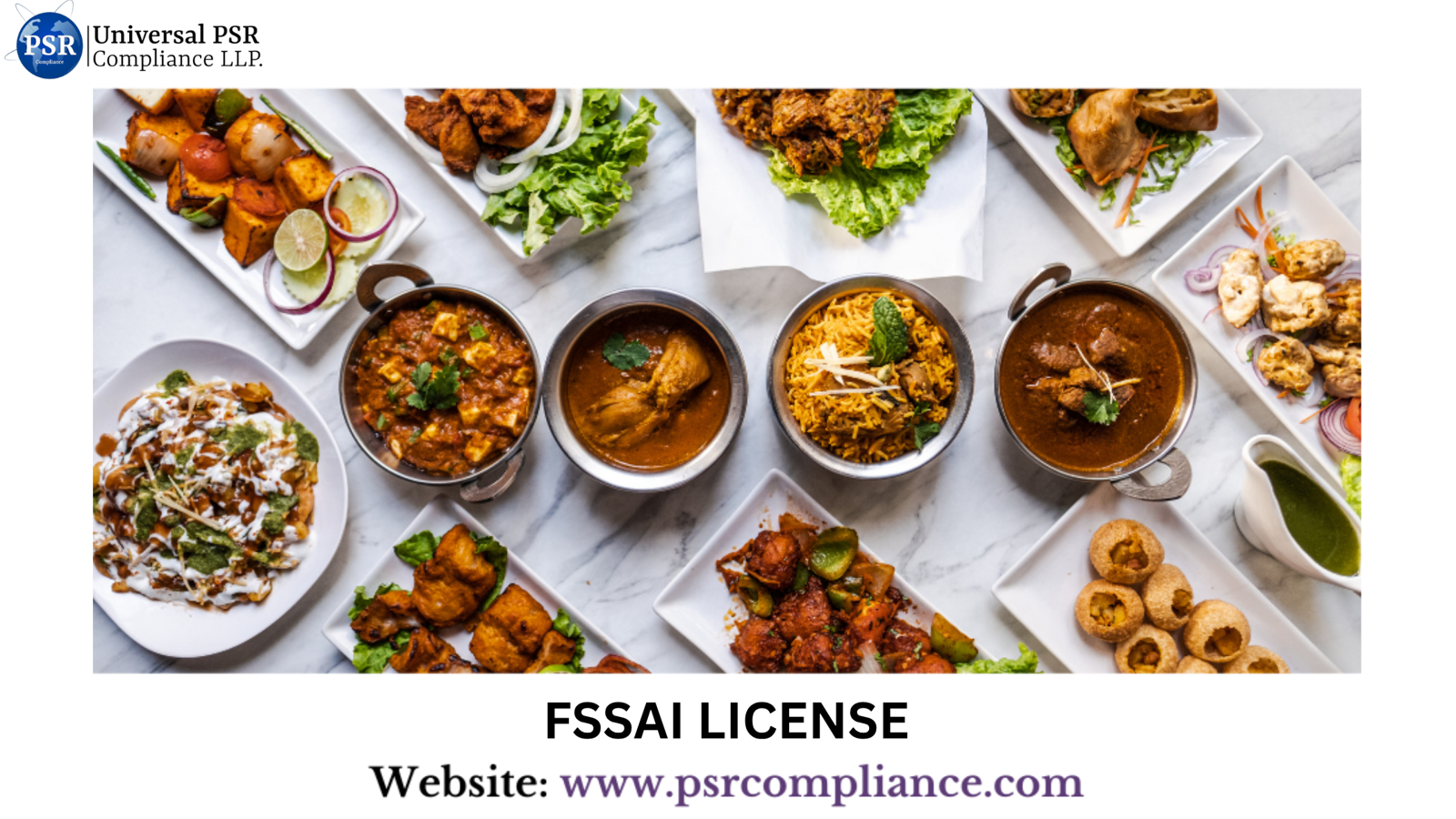
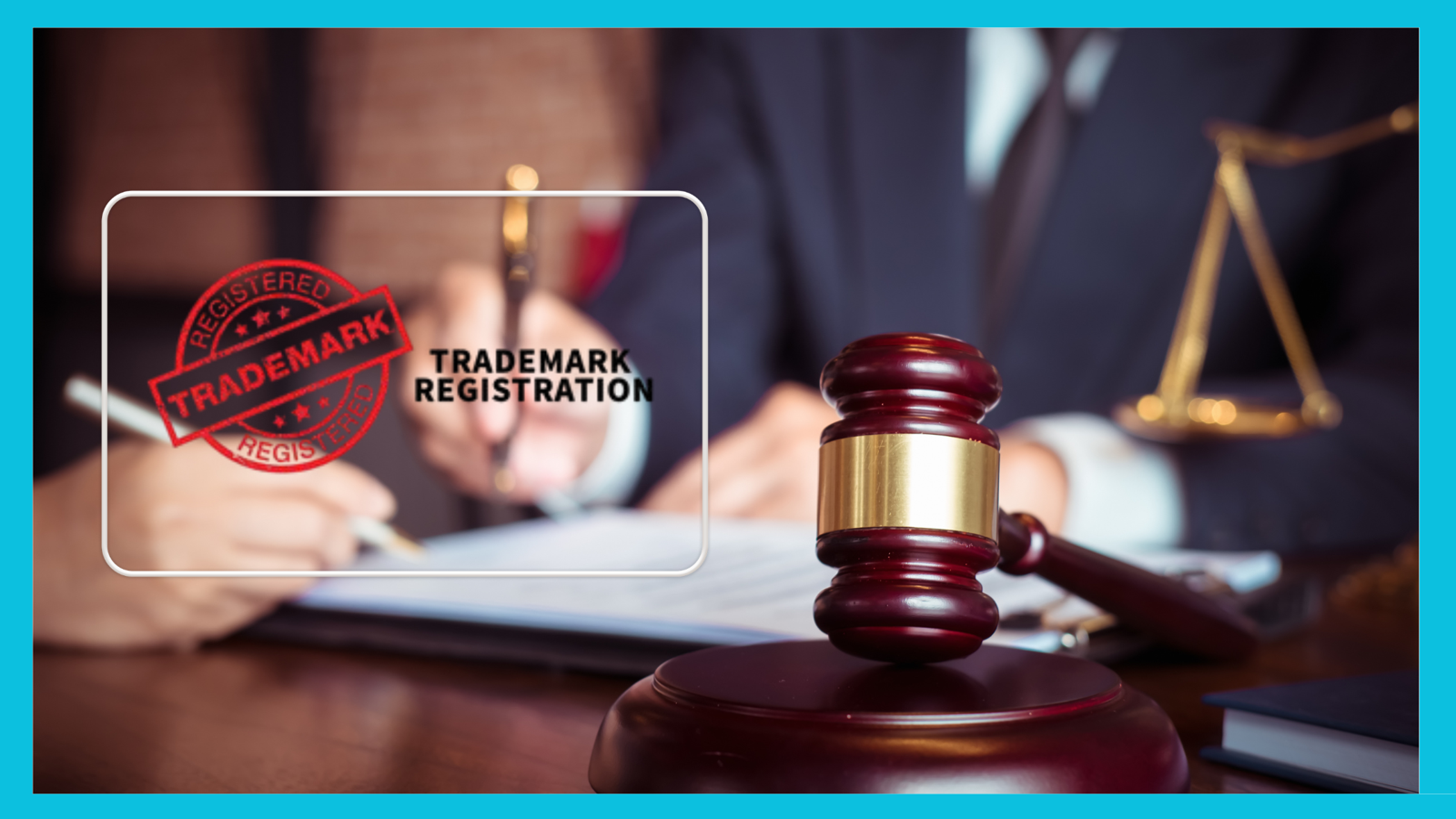

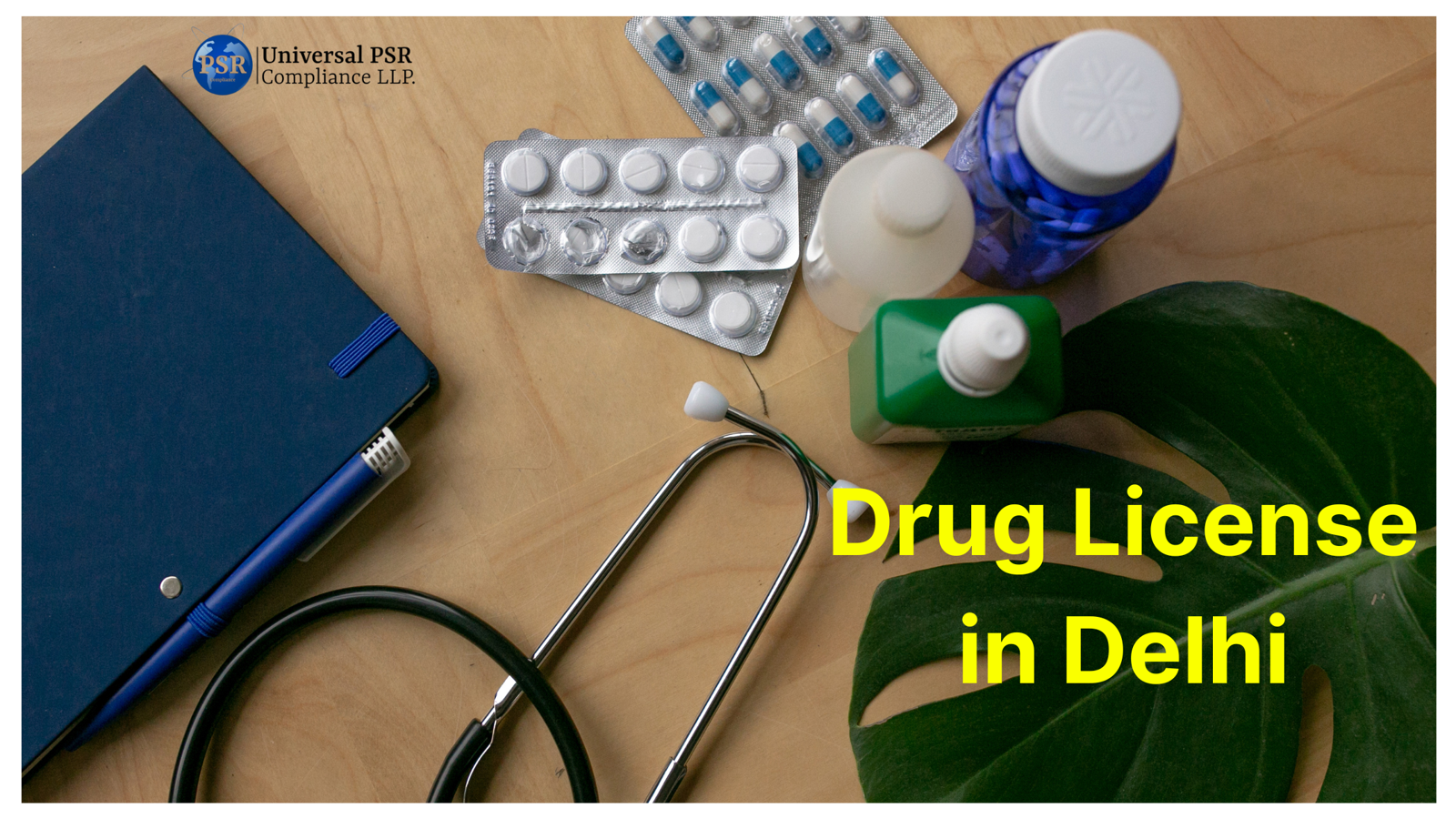
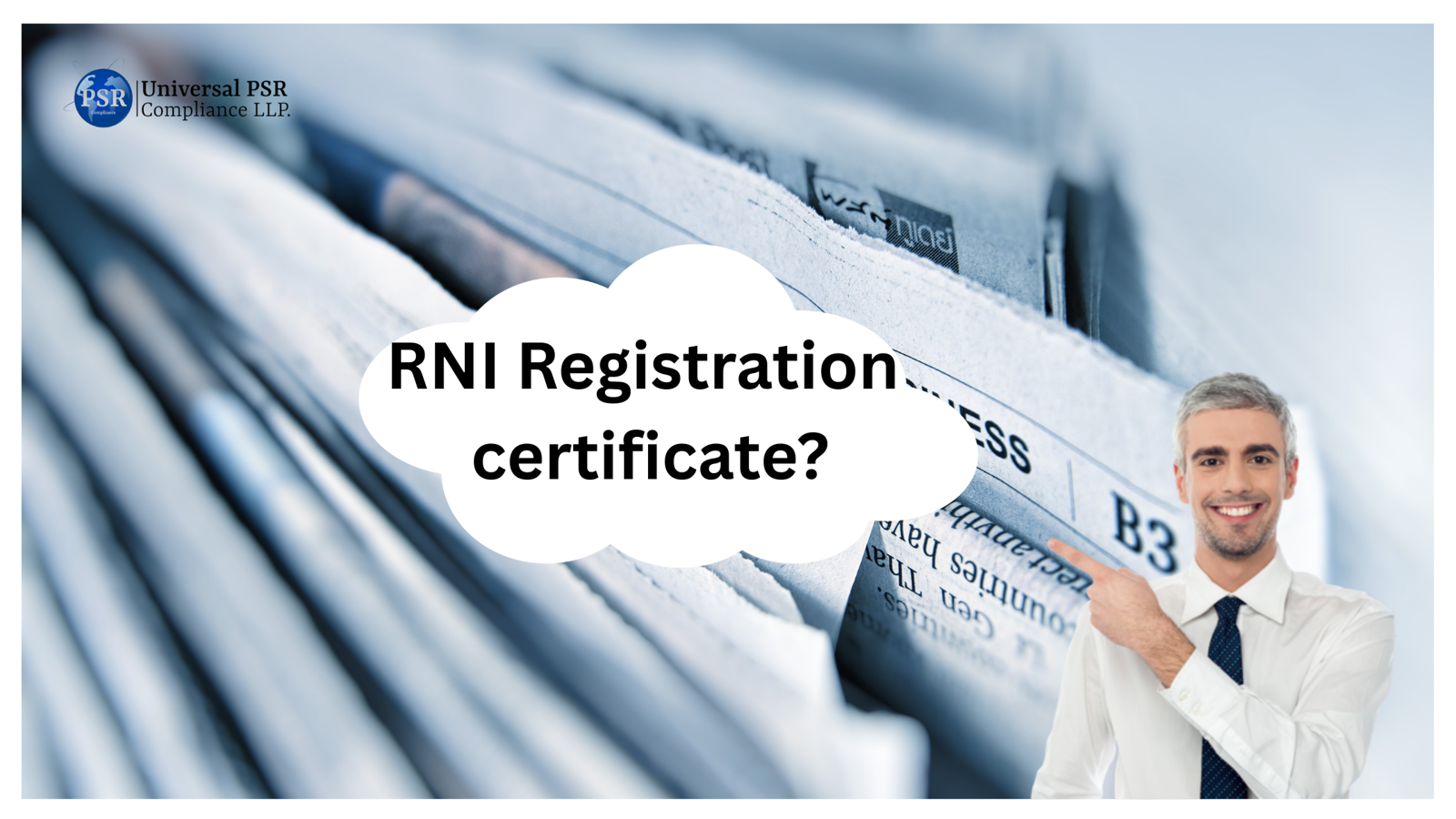
Write a comment ...